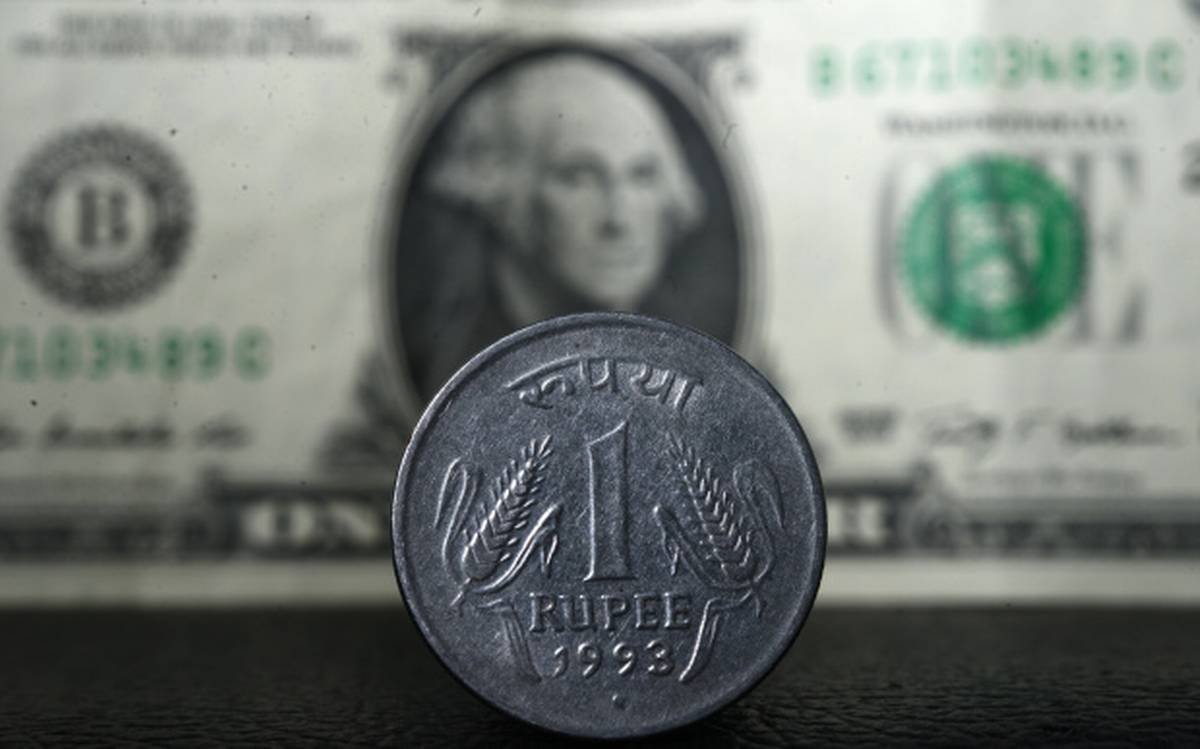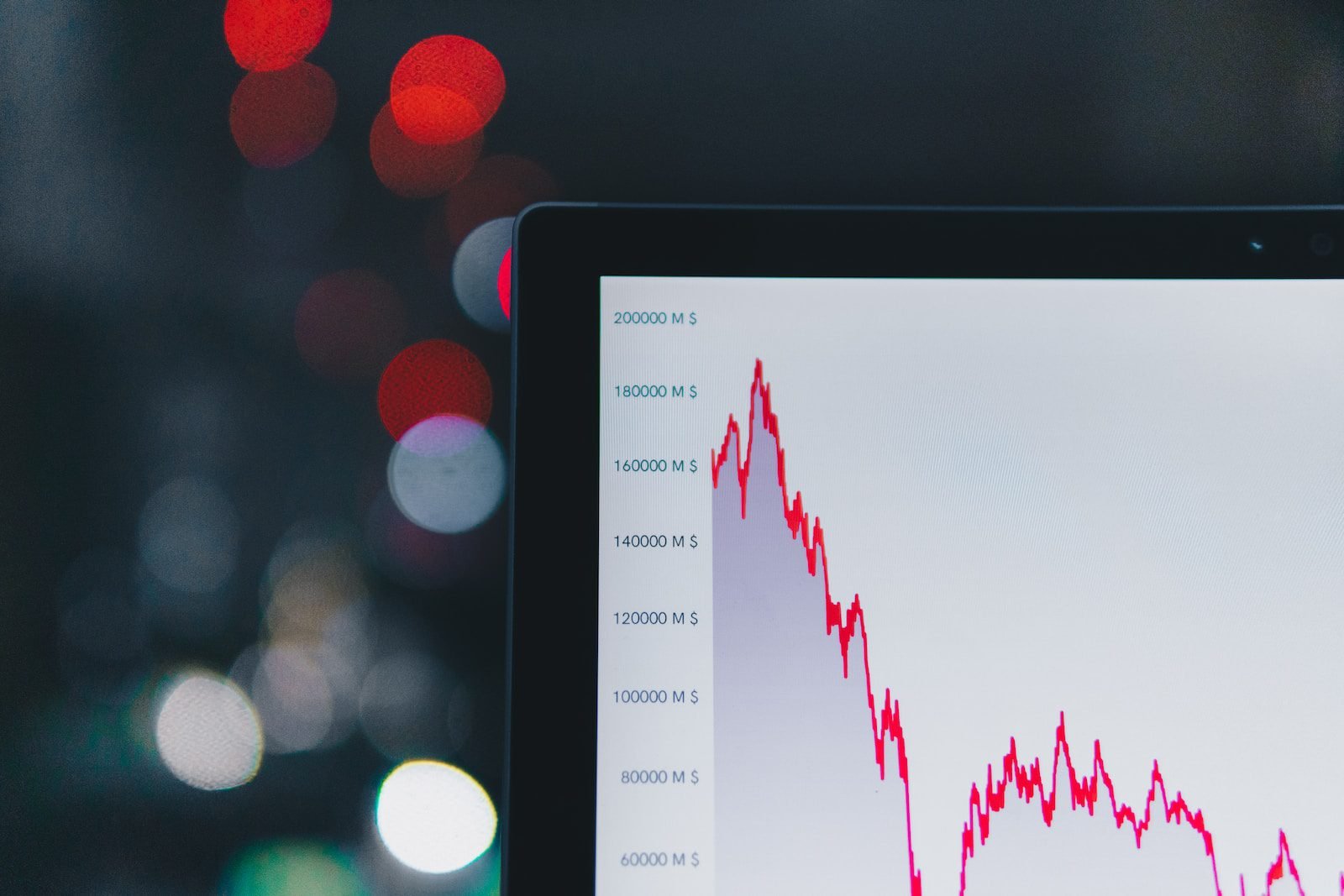March 20, 2023
New Delhi, India
Japan’s central bank, the Bank of Japan (BOJ), has raised interest rates for the first time in 17 years, signaling a notable shift in monetary policy. This article examines the factors driving the rate hike, its implications for the economy, and the future trajectory of Japan’s monetary policy.
Key Insights:
- Interest Rate Hike: After 17 years, the BOJ increased its key interest rate from -0.1% to a range of 0%-0.1%. The decision reflects improving economic conditions, including rising wages and consumer prices, prompting the central bank to normalize its monetary policy stance.
- Abandoning Yield Curve Control: Alongside the rate hike, the BOJ abandoned its yield curve control (YCC) policy, which aimed to control interest rates by purchasing Japanese government bonds. The move underscores a shift away from unconventional monetary measures adopted since 2016 to stimulate economic growth.
- Wage Growth and Inflation: The decision to hike rates was influenced by significant wage increases by major Japanese corporations, addressing the rising cost of living. Despite a slowdown in inflation, Japan’s core consumer inflation remains at the BOJ’s 2% target, supported by robust wage growth.
- Economic Implications: The return of inflation presents both opportunities and challenges for Japan’s economy. While higher wages stimulate domestic demand and productivity, external factors such as geopolitical tensions and supply chain disruptions could drive inflation, posing risks to economic stability.
- Future Monetary Policy: The BOJ signaled a cautious approach to further rate hikes, aiming to maintain accommodative financial conditions amid uncertainties. With expectations of subdued inflation in the near term, the central bank anticipates maintaining its current policy stance to support economic recovery.
- Global Context: Japan’s interest rate hike aligns with global trends as central banks worldwide adjust monetary policy to address inflationary pressures. While some countries, like the US and UK, have been raising rates aggressively, Japan’s gradual approach reflects its unique economic challenges and recovery trajectory.
Closure:
The BOJ’s decision to raise interest rates after 17 years marks a significant milestone in Japan’s monetary policy landscape. Driven by improving economic fundamentals, including wage growth and inflation, the rate hike signals a shift towards normalization and reflects cautious optimism about Japan’s economic outlook. As the country navigates ongoing challenges, including external uncertainties, the BOJ’s prudent approach to monetary policy will play a crucial role in supporting sustainable growth and stability.
Disclaimer:
CurrencyVeda provides this news article for informational purposes only. We do not offer investment advice or recommendations. Before making any investment decisions, please conduct thorough research, consult with financial experts, and carefully consider your financial situation, risk tolerance, and investment goals. Investing in the stock market carries risks, and it’s essential to make informed choices based on your individual circumstances. CurrencyVeda is not liable for any actions taken based on the information provided in this article.




